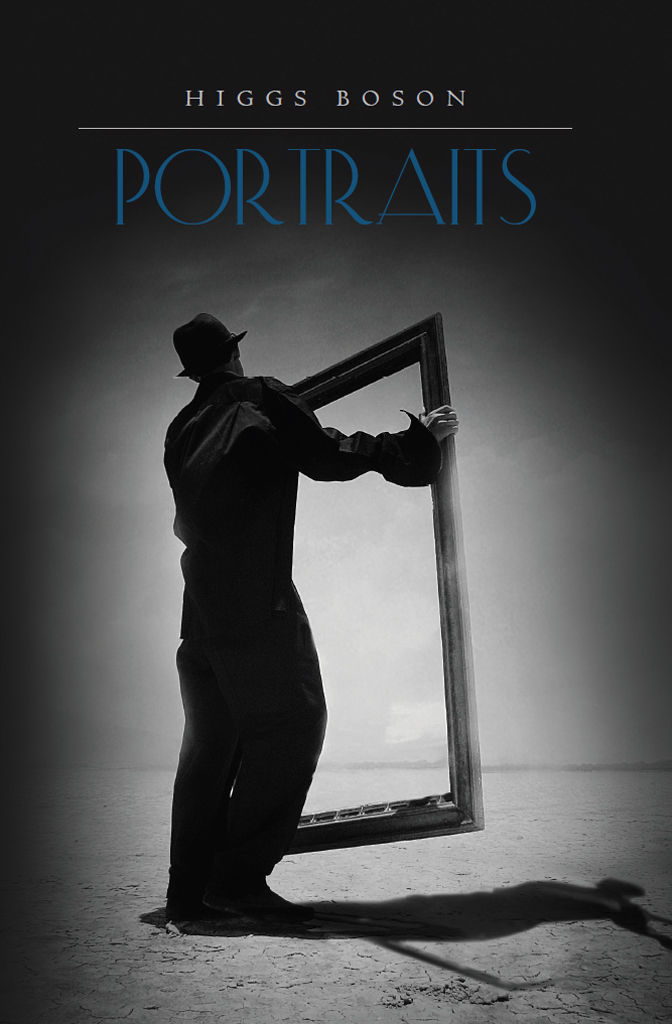 Portraits is quite an achievement, as dauntingly detailed in its character descriptions as Shaw (who also wanted his actors to have particular heights, clothes, and eye colors, and his sets to have specific furniture), and as discursive in its stage directions as O’Neill.
Portraits is quite an achievement, as dauntingly detailed in its character descriptions as Shaw (who also wanted his actors to have particular heights, clothes, and eye colors, and his sets to have specific furniture), and as discursive in its stage directions as O’Neill.
This not to say Portraits is Shavian, or as steeped in naturalistic turmoil as O’Neill. Rather, as Higgs Boson (an amusing pseudonym) states in his author note, it’s an attempt, on the whole successful, to revive the Theatre of the Absurd, with its echoes of Ionesco, Sartre, and Durenmatt, and, farther afield, A Frolic of His Own, William Gaddis’s novel about the idiocies of the law.
At the center of Portraits is a narcissistic monster, Bernie Geldmann, one of two named partners in Geldmann & Maguire, a law firm most noted for its involvement in the bag industry. Bernie is the Horrible Boss from Hell: heartless, tyrannical, insatiably greedy for praise, dismissive of weakness in any form, and hopelessly jealous of Beau Maguire, an offstage character beloved by the employees of the firm, whose generosity and life-affirming goodness haunt Bernie and provide a moral counterbalance to the proceedings.
Bernie is surrounded by a cast of partners, associates, paralegals, and factotums, including the sycophantic, easily manipulated Kara, his personal secretary, frightened of her own shadow and resigned to a life of just making ends meet; Char, a female partner, one of the few in the firm brave enough to challenge her boss; Frank, an attorney chafing, half-heartedly, under Bernie’s dictatorship; Otto, Bernie’s loyal amanuensis; Archibald, a self-pitying lifer; and First John and Second John, partners in the firm and providers of comic relief.
Two portraits hang in the firm’s conference room, one of Bernie and one of Beau, furnishing not only the play’s title but a metaphor for its moral struggle. Will the firm’s employees find the resources to overthrow the dictator? Since it’s clear from the list of characters that Beau is represented only by his portrait, it’s no spoiler to reveal that Beau’s untimely death threatens to disrupt Bernie’s birthday celebration, at which the employees are expected to show their devotion to the despot.
Act Two opens in a funeral home, and permits the entrance of two subsidiary characters, Beau’s sister Jane, who delivers some home truths and serves as a mild threat to Bernie’s hegemony; and a Priest, who, in a possible reading, may represent the powerless of religion in the face of secular tyranny. The setting then returns to the conference room where the play began, and the postponed birthday party. The action turns farcical, and a new portrait of Bernie is revealed, driving home the themes of vanity, greed, jealousy, and narcissistic need that dominate the play as a whole.
The dialogue is full, passionate, and certainly playable. The darkly pessimistic tone does ask a lot of an audience, most of whom will want Bernie to get his comeuppance, and – again, no spoiler, since hopelessness is the order of the day – some will be disappointed, if not deeply frustrated. But it was never the aim of Absurdist Theatre to provide reassurance. In that sense, Portraits is a worthy addition to the canon.

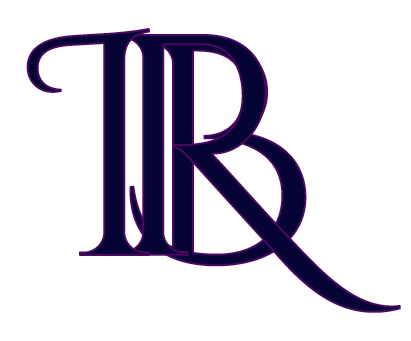
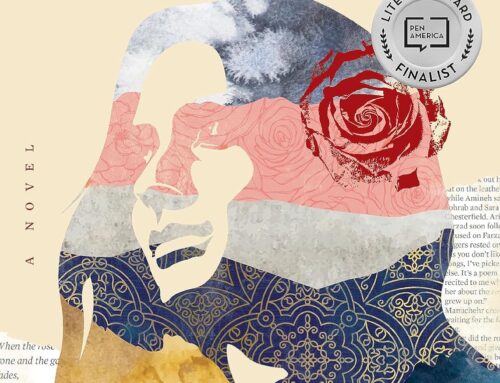
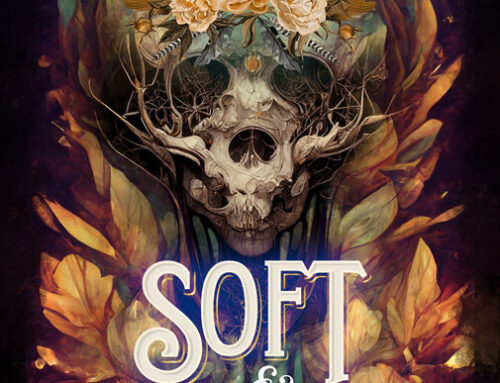
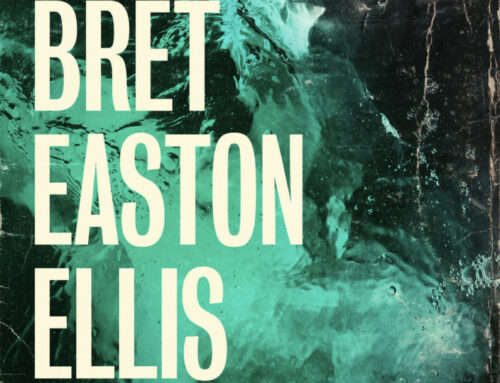
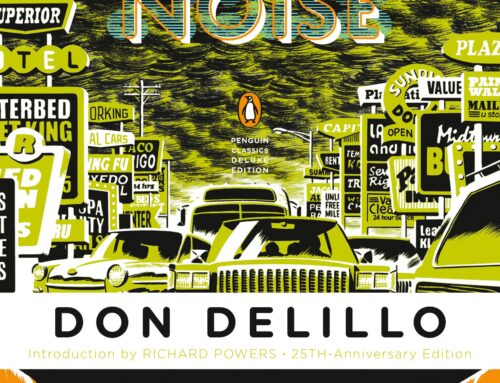


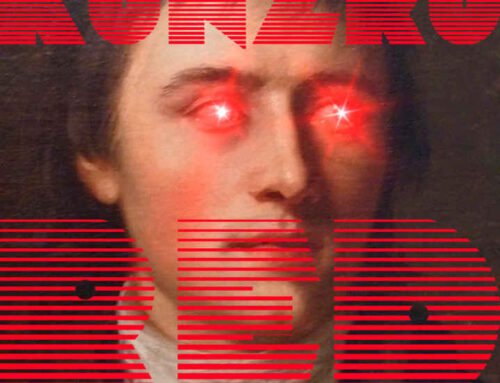


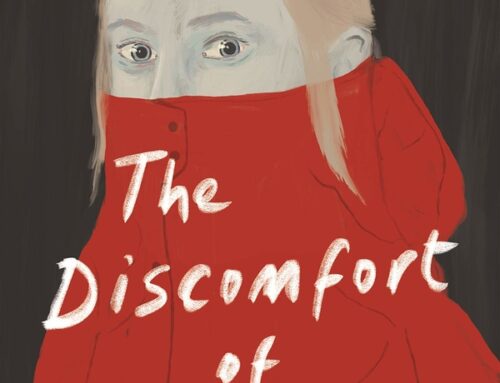
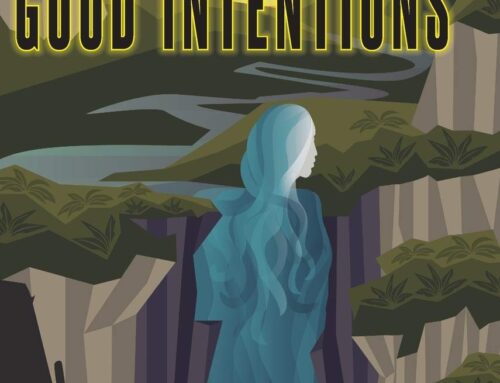

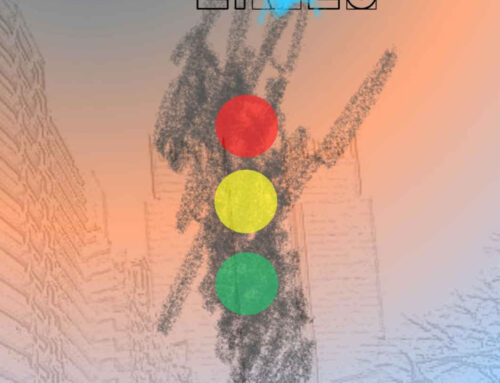

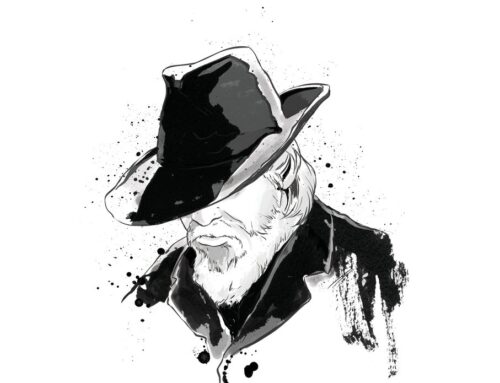
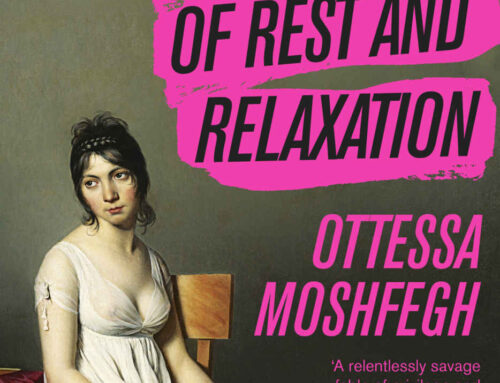
Leave A Comment